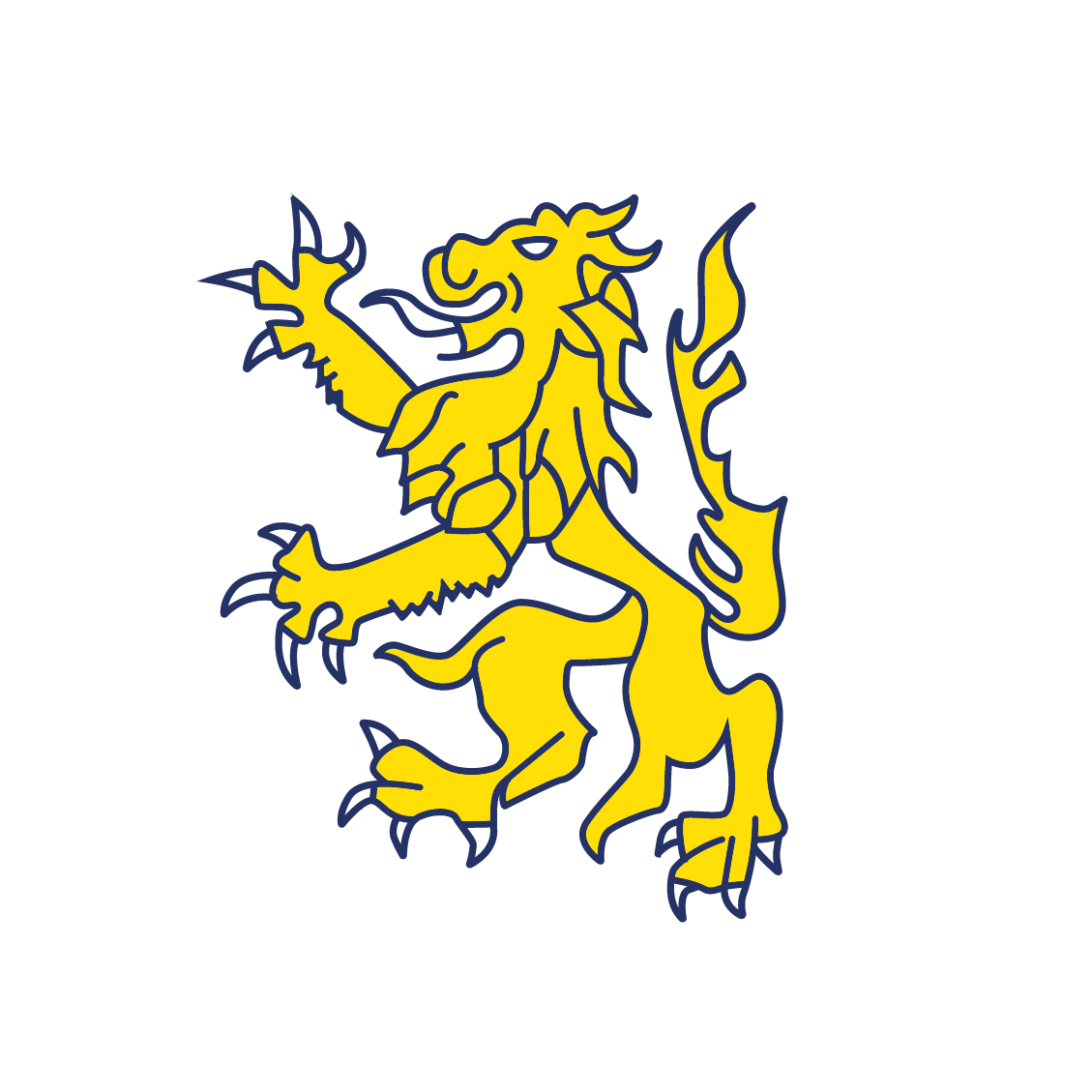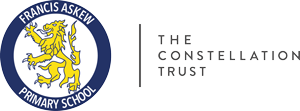
History – curriculum information
Intent
A Francis Askew Primary, we believe that learning about the past has intrinsic value and will enrich and empower the lives of our children. Through our history curriculum, our children will understand how the choices and actions made by humans in the past have led us to this moment in time. They will be taught to question and interpret evidence; form their own opinions; be inspired by the courage and innovation of others and learn from the past in order to do better as citizens of the world.
Our aim is to provide inclusive and aspirational learning experiences where pupils thrive and build the cultural capital they need to make ambitious choices about their own futures, overcoming any barriers. In history, this is promoted through experiential learning opportunities, for example, through the provision of visits and guest speakers, as well as the exploration of artefacts ranging from local locations, to national and the rest of the world. We make use of local history, the museum service and wherever possible allow children to have concrete experiences they can relate to. These links with real life experiences allow children can gain relevant, concrete reference points that they might not ordinarily encounter.
Using the National Curriculum, alongside a thorough understanding of our school’s context, our highly skilled subject leaders have carefully worked to create a Subject Progression Document where objectives for each year group are progressively mapped out towards clearly defined end points. This ensures our children will be given the required skills and knowledge they need to progress in history. The progressive objectives will also enable teachers to identify and plug gaps in pupils’ knowledge and skills.
Children will develop a deep understanding of key concepts as they move through our history curriculum. Key concepts have been carefully considered and identified to provide the core knowledge and skills required to successfully progress in history. Opportunities to revisit and develop these key concepts are planned out carefully as the children move through the school to ensure that they are firmly embedded within their long-term memory. These key concepts compliment work carried out across the school reinforcing our 6 broad curriculum drivers (see overall Curriculum Intent). The expectation is that, by the end of Primary School, children will know and understand these key concepts to continue to build on their historical skills and knowledge as they enter KS3.
Key concepts: A range of these concepts are explored through each historical unit and provide lenses through which to consider different aspects of history. The concepts are revisited through different historical periods as children move through the school to deepen their understanding.
- Community and culture (architecture, art, civilisation, communication, economy, inspiration, myth, nation, religion, settlement, story, trade)
- Conflict and disaster (conquest, liberation, occupation, military, peace, plague, surrender, treaty, war)
- Exploration and invention (discovery, migration, navigation, progress, tools)
- Hierarchy and power (country, democracy, empire, equality, government, law, monarchy, oppression, parliament, politics, poverty, slavery)
Second order concepts: These are concepts that are taught and applied through each unit of history. These build progressively as pupils move through the school. Pupils will all explore some of these concepts through other curriculum subjects. They create horizontal links across our whole curriculum and aim to develop flexible knowledge and skills that children can apply to multiple curriculum areas.
- Chronology
- Similarity and difference
- Cause and consequence
- Continuity and change
- Significance
- Historical enquiry (source material, artefacts, fact and opinion)
- Written and oral expression: (Using historical terminology, presenting findings in variety of ways, making comparisons and links, explanations, awareness of audience, using evidence to support statements)
End points:-
By the end of EYFS, pupils will be able to:
- recognise and describe a special time or event.
- speculate why things happen and give explanations about simple cause and effect.
- identify and describe some similarities and differences and they can
- observe and describe how things have changed or stayed the same in their lives
- sequence a few events using language relating to time
By the end of Key Stage 1, pupils will be able to:
- develop an awareness of the past and know where the people and events they study fit within a chronological framework.
- make comparisons by identifying similarities and differences between life in different historical periods
- show an understanding of how we know about the past
- describe changes in living memory using historical vocabulary
- Recall some significant people from history and events beyond living memory
By the end of Key Stage 2, pupils will be able to:
- develop a chronologically secure knowledge and understanding of British, local and world history, noting connections, contrasts and trends over time
- use the appropriate historical vocabulary to describe change, cause, similarity and difference when discussing significant historical periods, events or people
- understand how our knowledge of the past is constructed from a range of sources
- construct informed responses that involve thoughtful selection and organisation of historical information
Implementation
At Francis Askew, our history curriculum is carefully mapped out into a long-term plan. This outlines when key concepts will be taught and revisited and shows how these concepts progressively lead towards children achieving our identified curriculum end points in history. The long-term plan also enables links between subjects to be identified and carefully planned for to support children’s retention of knowledge and skills.
Children develop their understanding of key concepts and second order concepts in history through the following contexts for learning:-
EYFS / Key Stage 1
- Changes within living memory
- Famous people, places and events
- The lives of significant individuals
- Events beyond living memory
Key Stage 2
British history Non-British History
- The Stone Age – Ancient Civilisation (one in depth)
- The Iron Age – Ancient Greece
- The Romans – Non-European Study (Mayan Civilisation)
- The Anglo-Saxons and Scots
- The Vikings
- Britain since 1066
- Local history
Where possible, British history is taught chronologically through Key Stage 2.
Short term planning in history is informed by the history long-term plan and Subject Progression Document. Lesson objectives are clear and sequenced so that outcomes are secure and meaningful. At Francis Askew, reading is at the core of the curriculum and enhances history further through high quality texts. Therefore, effective outcomes in history are specifically planned for, with strong links through a cross-curricular approach to enabling further contextual learning. Within our knowledge-rich approach, there is a strong emphasis on key local historical figures and the history of our local area. Extensive opportunities for learning outside the classroom are embedded in practice as teachers plan units of work.
All children will have access to the history curriculum with work being tailored appropriately for children with SEND – modifying end points so that they are appropriate but remain aspirational. Any child working below their age-related expectation, will receive a tailored curriculum with personalised objectives. This will enable all children to build the skills and knowledge needed to bridge the gap between themselves and their peers enabling them to reach their full potential.
The development of children’s oracy is also given a high profile and is promoted through the use of subject specific terminology and vocabulary needed to work as historians. When discussing, debating and presenting new knowledge learned within our curriculum, children will be directed to specific and progressive vocabulary.
A typical teaching sequence in history at Francis Askew follows the sequence outlined below:-
- Place the historical period being covered in the chronological context of previous learning, using a timeline.
- Connect learning to previous periods studied and recap key knowledge against the key concepts
- Identify and use key vocabulary related to historical enquiry and the period being studied
- Carry out historical enquiry using research, a range of sources and artefacts using elements of the key concepts
- Interpret their findings, make comparisons and draw conclusions using elements of the key concepts
- Identify and learn about significant people and events and the impact they had
- Communicate their historical knowledge and understanding in an appropriate way
- Evaluate what they have learned, identify key knowledge and compare with other historical periods and their own experiences.
At the beginning of each unit and throughout, children revisit prior learning and link this to new concepts being taught. Additionally, at the end of a learning sequence, children reflect on their new learning and skills and there is opportunity for further teaching when knowledge or skills have not been retained.
Impact
A wide range of strategies are used to measure the impact of our history curriculum. Our teaching sequences allow for regular low stakes assessments of how well children are retaining key knowledge and how well they can apply the knowledge and skills learned.
Formative assessments are carried out regularly by teachers during and after each lesson, which inform future planning. Where learning is not secure, additional learning takes place to address this. Additionally, summative assessments are carried out each term by using an internal assessment tool. As a result of these assessment tools, children’s misconceptions or gaps in subject knowledge and skills are addressed and additional teaching and support is provided.
Our subject leaders also monitor the effectiveness of the history curriculum through carrying out regular monitoring evaluations. These evaluations are quality assured by the Curriculum Lead, Senior Leadership and Governors.
The effectiveness of history is also monitored through pupil and parental voice throughout the course of the year.
